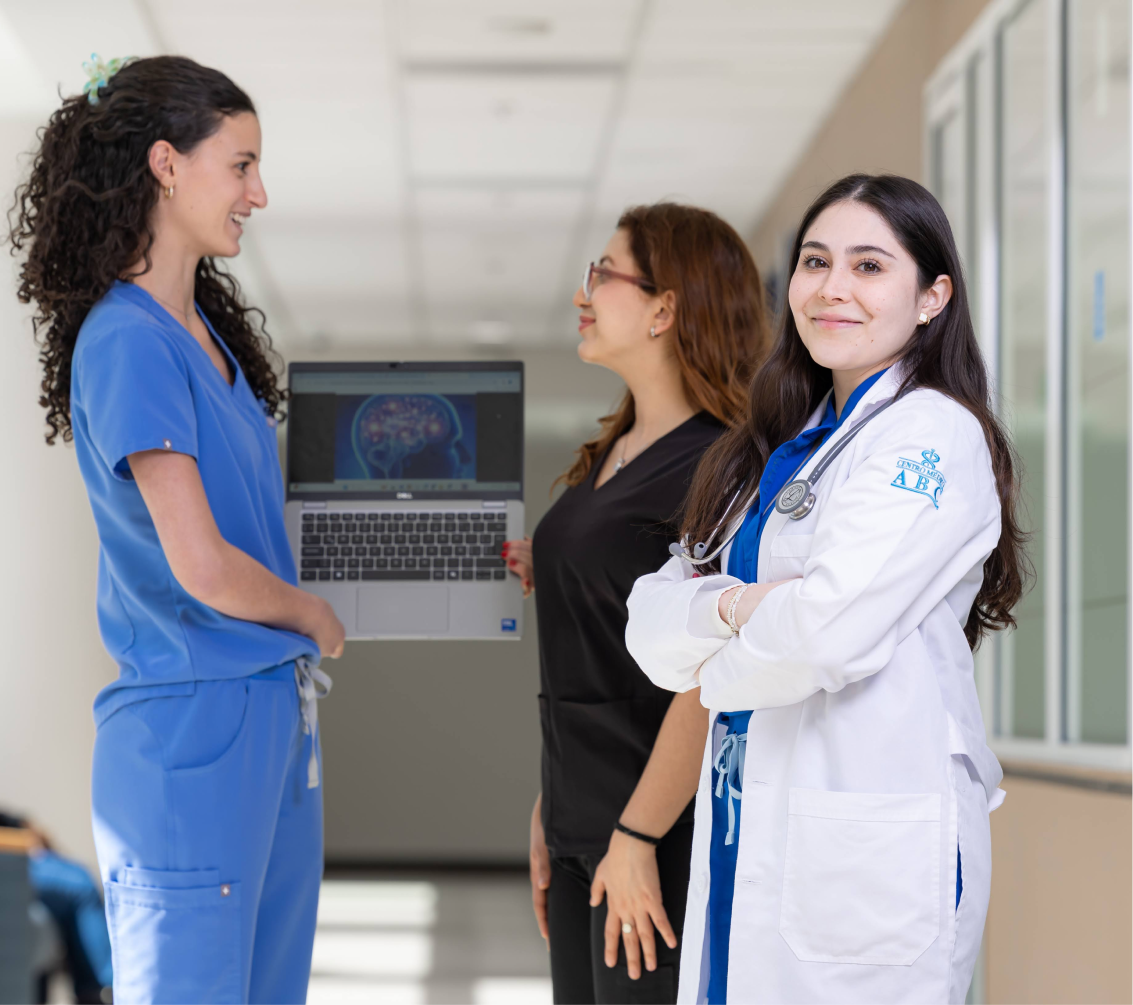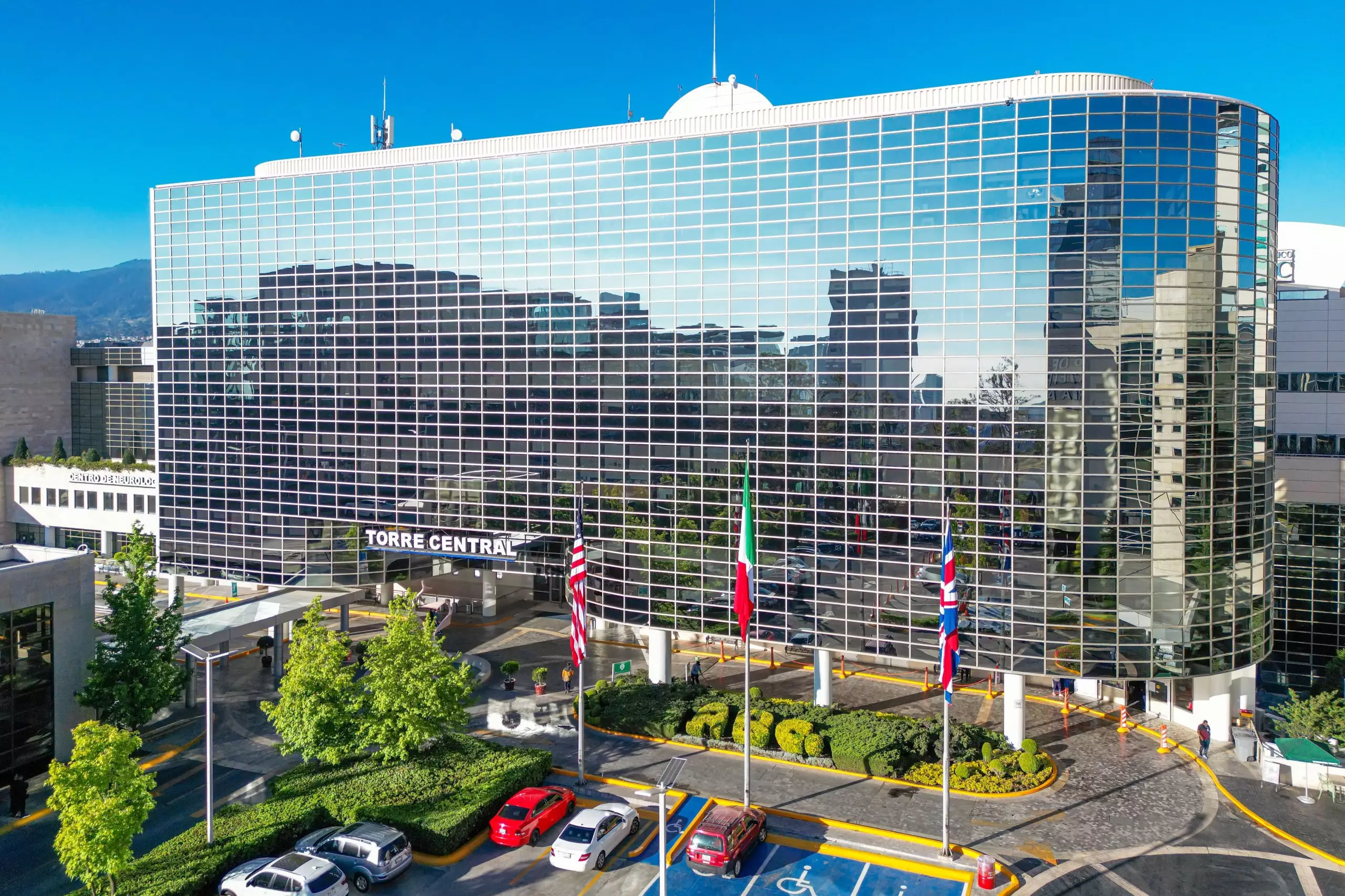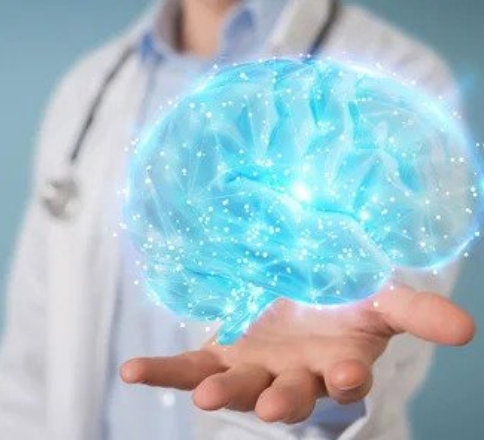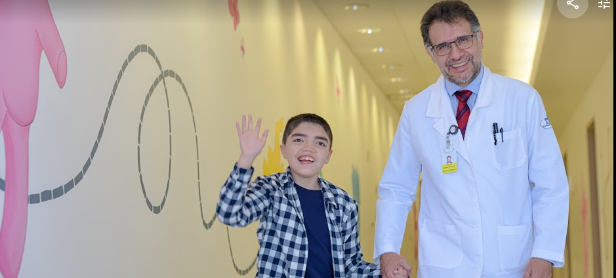Specialized Epilepsy Center

The ABC Medical Center has a specialized epilepsy center that not only provides routine care for patients with seizures or epilepsy but also specializes in offering comprehensive diagnostic and treatment services for patients with uncontrolled seizures, adhering to the guidelines adopted by the National Association of Epilepsy Centers (NAEC).
What is epilepsy?
Epilepsy is a disorder caused by increased electrical activity of neurons in a specific area of the brain. It is a condition recognized by seizures that directly impact brain functions.
The affected person may experience a series of seizures or uncontrolled body movements repetitively. This is referred to as an epileptic seizure.
Causes of epilepsy
Genetics
Infections
Brain Malformations
Lack of oxygenation
Tumors or severe blows to the head
Brain infarcts or hemorrhages
Causes of epilepsy
Genetics
Infections
Brain Malformations
Lack of oxygenation
Tumors or severe blows to the head
Brain infarcts or hemorrhages
Types of seizures
They are classified as focal or generalized and are based on how abnormal brain activity begins.
Focal or partial seizures are those that are produced by abnormal activity in a single part of the brain. We can find them in two categories: without loss of consciousness or with altered consciousness.
Generalized seizures are those that occur in all areas of the brain and there are 6 types:
Absence crisis
They often occur in children and young people and are characterized by episodes of staring into space or subtle body movements such as blinking or smacking the lips.
Atonic crisis
Cause loss of muscle control, which can lead to sudden collapse or falls.
Clonic crisis
They are associated with repetitive or rhythmic jerky muscle movements. These seizures generally affect the neck, face, and arms.
Myoclonic crisis
They are associated with sudden muscle jerks of the arms or legs.
Tonic crisis
They cause muscle stiffness and can lead to falls.
Clonic-tonic crisis
They are the most severe type of seizure and cause abrupt loss of consciousness, body stiffness and shaking, and sometimes loss of bladder control or biting of the tongue.
The main diagnostic resources to detect epilepsy are:
Patient’s medical history.
Brain imaging studies.
Electroencephalogram.
Attacks must be recurrent and unprovoked.
The quality of life of patients with epilepsy depends on a correct diagnosis and adequate medical treatment. Let us be your ally!
Surgery as a resource for patients with epilepsy
The ABC Epilepsy Clinic offers a comprehensive treatment of epilepsy, from diagnosis to surgery as a resource for those patients who are drug resistant, thus offering them the possibility of having an independent and productive life with a significant reduction in seizures or even the freedom from it. Surgery allows the reduction of the number and dose of medications, which improves the quality of life of the patient and its family.
The goals of surgical treatment are:
- Improve the quality of life of patients and their families.
- Suppress or significantly reduce crises.
- Reduce the number and doses of medications.
- Return the patient to their daily activities.
What is epilepsy surgery?
An epilepsy surgery is a safe, highly specialized surgery, not particularly painful and of short stay.
An epilepsy surgery normally lasts four to eight hours and requires electrocorticography (ECoG), that is, placing electrodes during surgery to record intraoperative electrical activity in the brain and thus generate information in real time for the surgical team to make the best decisions for the benefit of the patient.
We share with you the most common surgical techniques:
- Temporary functional lobectomy with tonsil hypocampectomy
- Selective tonsil hypocampectomy
- Lesionectomy (removal of epileptogenic lesions)
- Callosotomy
- Functional hemispherectomy/hemispherostomy
- Multiple subpial transection
- Stimulation of vagal nerve
After surgery
The patient must remain at home under normal hygiene conditions and accompanied by a person who assists and supervises the adequate intake of medications, food, etc. Each patient may have different needs, but it is recommended that they be in relative rest and ten days after surgery have its stitches removed. After 3 to 4 weeks, the patient will be able to return to normal activities.
Learn about the history of three patients from the ABC Epilepsy Clinic.
They managed to control their disease thanks to epilepsy surgery:
Where to Find Us

Campus Santa Fe
Av. Carlos Graef Fernández 154, Col. Santa Fe, Cuajimalpa, 05300, Cd. de México.






